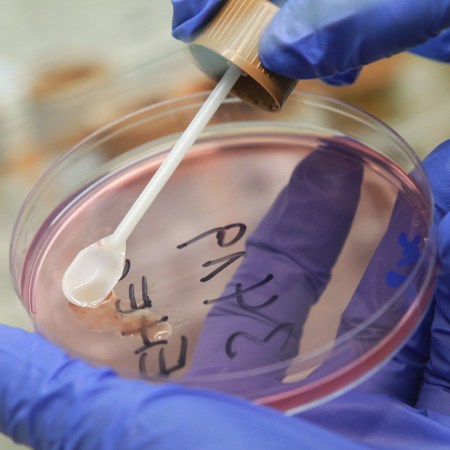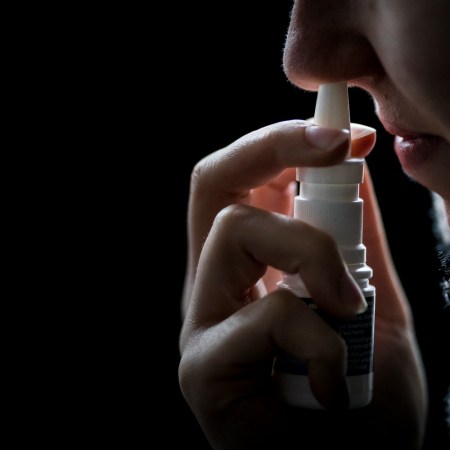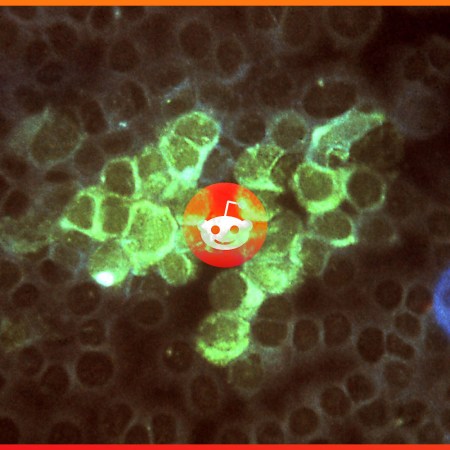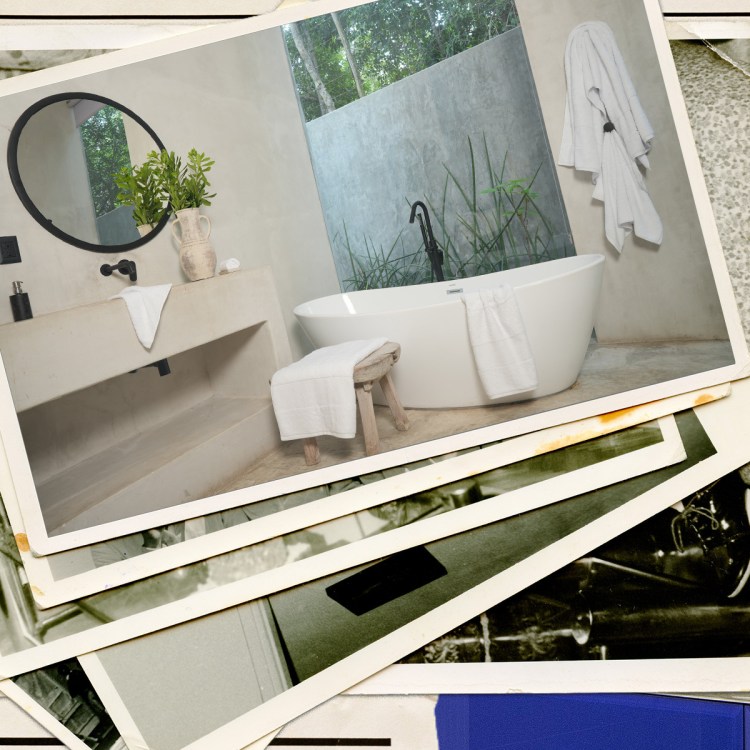If you’ve spent any time around medication – whether in a pharmacy or a hospital – you’re probably aware that some medications need to be kept at very low temperatures. (This was an issue when the COVID-19 vaccines were first being distributed, for instance.) For doctors and relief workers taking medication to remote areas, this provides a challenge — how do you safely transport medicine that needs to be kept cool without a power source around?
A trio of teenage scientists — Dhruv Chaudhary, Mridul Jain and Mithran Ladhania — have found one answer, and it’s led to them winning the 2025 Earth Prize. These young scientists are students at the Shishukunj International School in Indore, India, and their project is known as Thermavault.
“Thermavault uses salt-based endothermic reactions (which are reusable and sustainable) to create an electricity-free refrigeration unit,” the group explained in a statement on the Earth Prize’s website. “This solves many problems: plastic waste through thermocol, energy inequality, and inefficient cooling, especially for vaccines.”
In a testimonial on Thermavault’s website, Dr. Pritesh Vyas, the medical director of Indore’s V One Hospital, explained why this project matters. He explained that “we struggle a lot” when bringing medication and blood packs to remote locations where electricity isn’t widely available, and that a project like this can help convey temperature-sensitive supplies to areas where the infrastructure may not be complete.
Scientists Are Working to Reverse Bacteria’s Immunity to Medication
Researchers are taking several approaches to this challengeAs Morgan McFall-Johnsen explained at Business Insider, the trio’s win comes with a prize of $12,500. After testing it in local hospitals, Thermavault’s inventors plan to use the prize to build 200 of the devices, which will be distributed to dozens of hospitals for use.
The Charge will help you move better, think clearer and stay in the game longer. Subscribe to our wellness newsletter today.



















